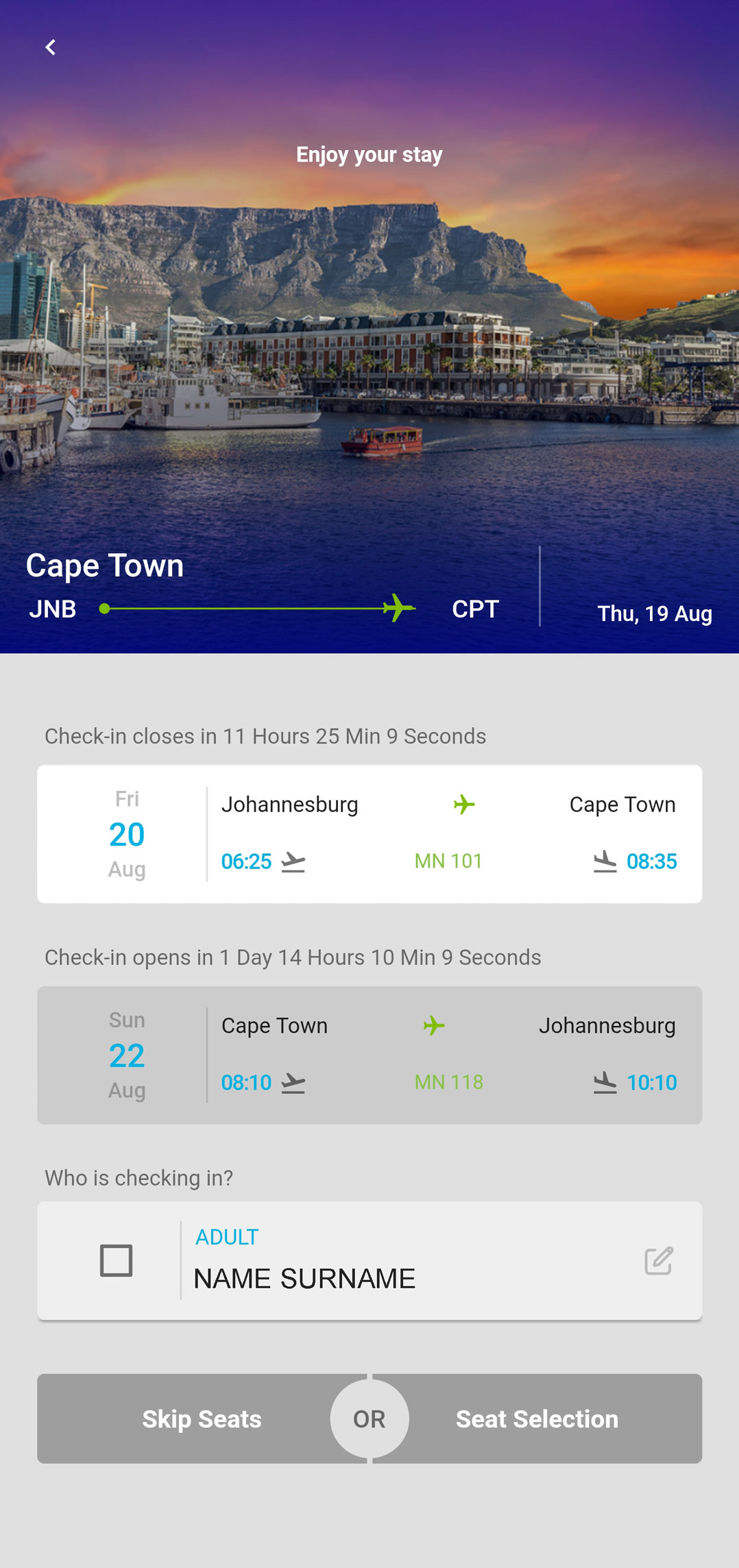
It’s no secret that digital transformation is in full swing, with no signs of slowing down. It’s a time of accelerated change and exponential returns.
Mobile has become embedded in every part of daily consumer life. Developments in mobile technology – combined with the continued evolution of social media culture – have changed the way consumers interact with their devices and how they engage with the world.
Podcast: How Comair did digital transformation right
Current research shows that, compared to a year ago, South African consumers in 2021 spend twice as much time on mobile as on desktop, with more than 80% of local Google searches coming from mobile devices.
Local consumers have evolved, becoming more demanding, tech savvy and time poor. In turn, companies need to adapt to customer behaviour, primarily to the growing mobile trend. This means introducing new business models to achieve connectivity, integration and efficiency with emerging mobile technology.
Launched just a few weeks ago, the steady uptake of kulula.com’s new mobile app illustrates this change in consumer behaviour.
Inverting the approach
Despite the evident global shift, most local companies still lack a mobile-first mindset. Many of them have been slow at adapting, with the primary focus still on desktop devices. For most companies, desktop is still king, with a “.mobi” site that refactors the desktop version into a scaled down, shrunken version of their desktop site. A mobile-first strategy inverts this approach by designing for smaller devices from the start, and then scaling up.
Because mobile designs are more difficult than desktop, the mobile-first approach makes it easier to extend responsive mobile designs to larger screens and devices. Your product focus shifts to prioritise mobile as the main consumer channel, with desktop being secondary.
The mobile experience must still have the customer at the centre of the journey: The objective is to help solve their specific need faster and more efficiently, whether that be booking an airline ticket or online shopping. For instance, it used to take our customers 23 minutes to book a flight, on average. The new app reduces this to 10 minutes and has a simple, attractive interface to shop, book and check in.
 However, the real value of mobile lies in the fact that it extends, augments and transforms the digital commerce customer experience. Rather than simply focusing on making an app look good on a mobile device, apps should enhance usability by leveraging mobile capabilities. For example, a mobile user’s changing physical environment may mean that they expect an app to automatically adapt to their current GPS location and then update the temperature for that location.
However, the real value of mobile lies in the fact that it extends, augments and transforms the digital commerce customer experience. Rather than simply focusing on making an app look good on a mobile device, apps should enhance usability by leveraging mobile capabilities. For example, a mobile user’s changing physical environment may mean that they expect an app to automatically adapt to their current GPS location and then update the temperature for that location.
The Web is no longer dominated by desktops but by mobile devices. Most companies still have not realised that it has been two years since search giants like Google made mobile-first indexing the default for ranking websites. This means that new websites developed without a mobile-first strategy are likely to experience sub-par SEO (search engine optimisation) results. Any company that wants to stay relevant needs to adopt a mobile-first approach.
Download the kulula.com app from the Apple App Store and Google Play store.
About Comair
Comair Limited has been operating since 1946, offering scheduled and non-scheduled airline services within South Africa, sub-Saharan Africa and the Indian Ocean Islands under its low-cost airline brand, kulula.com, as well as under the British Airways livery, as part of a licence agreement.
- Avsharn Bachoo is CIO at Comair
- This promoted content was paid for by the party concerned



